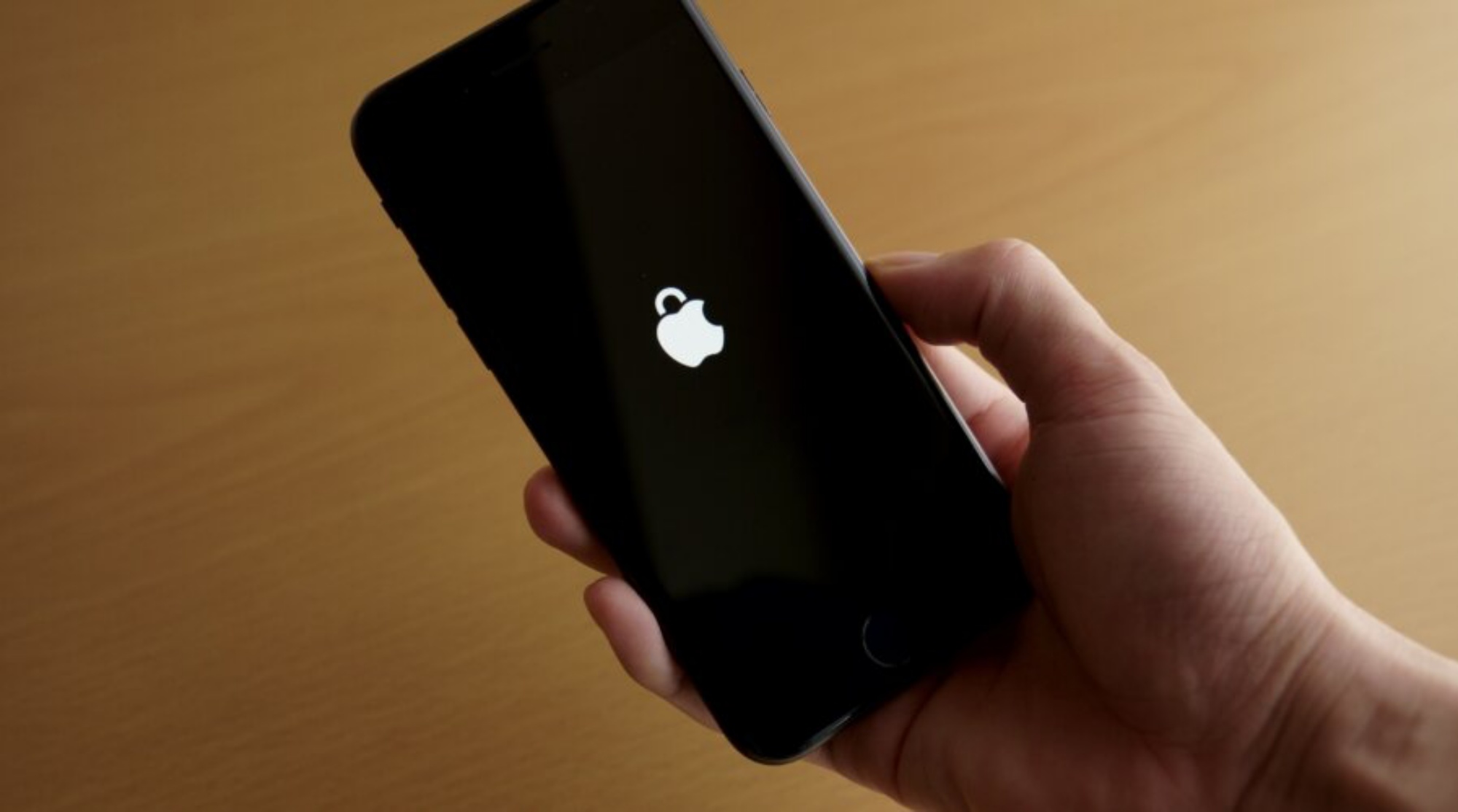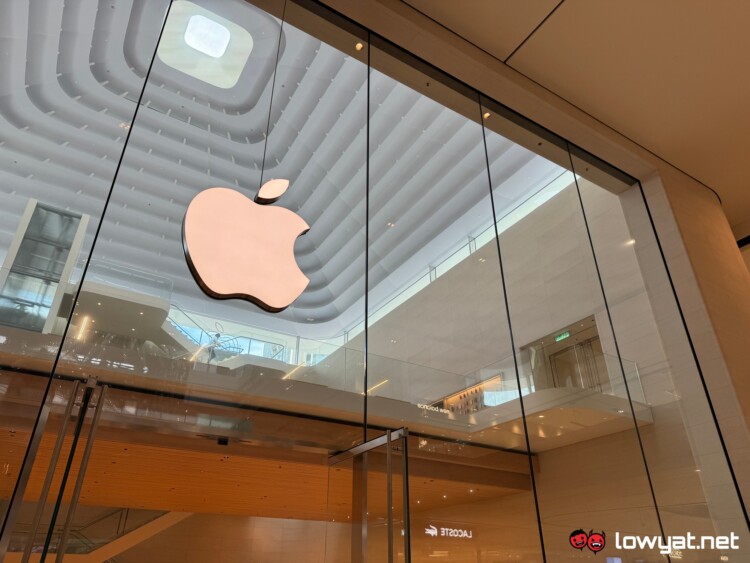The European Union (EU) or more specifically, the European Commission (EC) recently ruled that Apple had violated the Digital Markets Act (DMA). While it is a preliminary ruling, the fruit company will be given the chance to review the EC’s investigations and dispute the charges in writing, before the commission issues its final ruling by March next year.
The dispute outlines that, as part of the DMA, developers in the Apple ecosystem should be able to inform customers about cheaper purchasing options and allow them to buy apps through those other channels. The EC argues that the fruit company was restricting this freedom; Apple’s policies actively prevent developers from sharing pricing information within their apps, as well promoting the app outside of the ecosystem.

Furthermore, the EC criticised Apple for what it describes as “excessive” fees charged against the developers. For example, it charges a 27% commission on every purchase made within seven days after a user clicks a “link-out” from an app.
If Apple fails to make its dispute, it could end up having to pay a fine of 10% of its global annual revenue, which comes up to roughly US$38 billion (~RM178.8 billion). Even worse for the company from Cupertino, though, is that a second investigation is already underway if found guilty again, that fine could be double the first one.
Apple states that it has already made changes to comply with the EU’s DMA, and even feels confident that it will meet the deadline. Further, it says that more over 99% of developers would pay the same or lesser fees under the new terms.
This isn’t the first time Apple has found itself under fire by government regulators. Back in March this year, the EU said that the company had a law over its music streaming services in a lawsuit against Spotify and was ordered to pay the rival service US$2 billion (~RM9.41). Before that, the fruit company was fined close to RM2 billion in France, for engaging in anti-competitive behaviour. And that is to say nothing about the ongoing legal feud between it and the owner of the Unreal Engine, Epic Games.
(Source: European Commission, Techspot)



